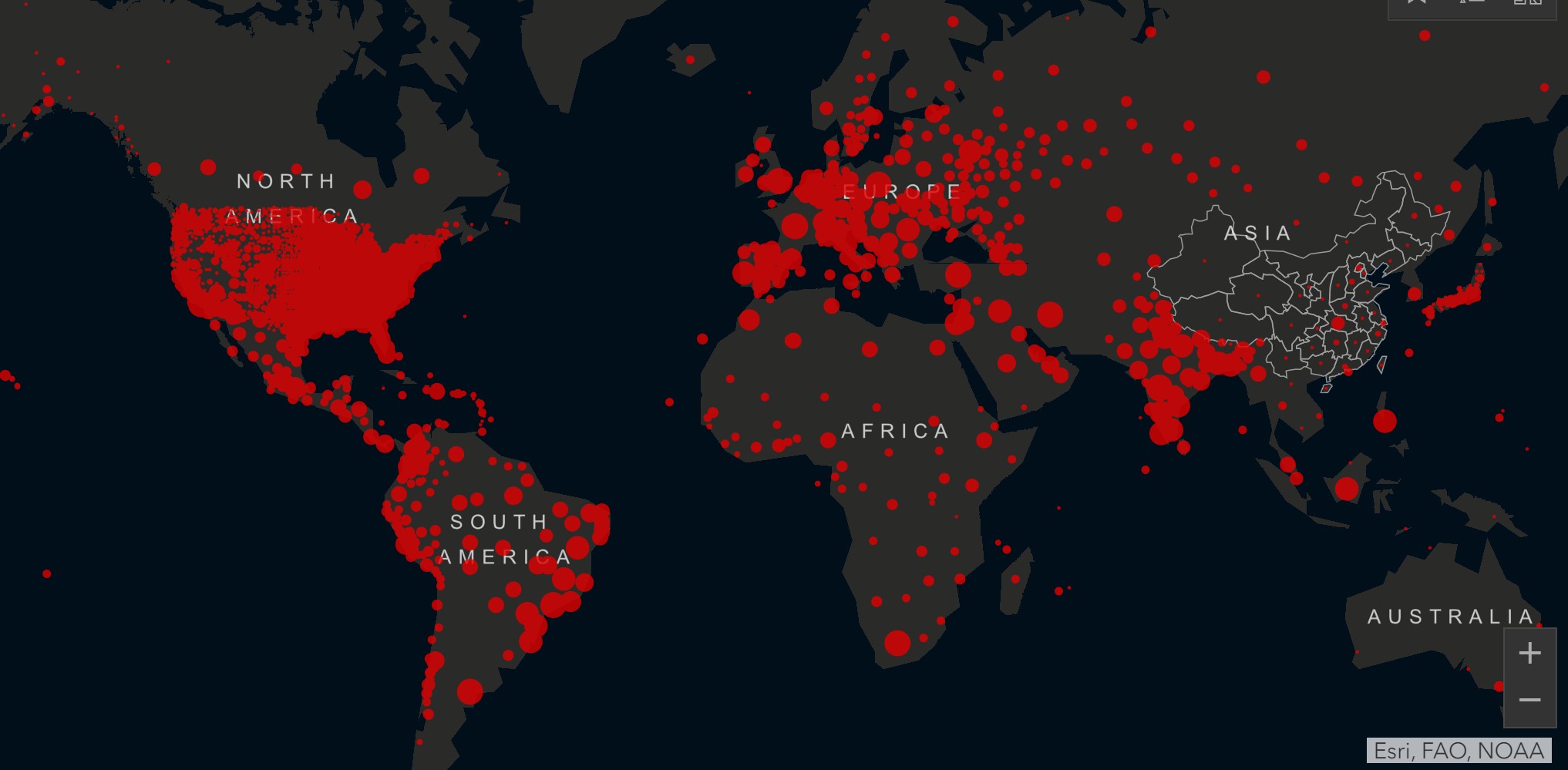Try PCmover
Please note the Evaluation copy of PCmover Enterprise requires you to be logged into a domain when testing. If you would like to test Enterprise without this requirement, please contact corpsales@laplink.com to receive an alternate copy of the software.
Thank you for your interest, and for choosing Laplink Software!
Contact Sales

COVID-19 Safety Enforcement – It’s Up to Us
As COVID-19 vaccination campaigns roll out across the U.S. and around the world, there continues to be concern about the slow pace of vaccinations and the threat of the more contagious variant of the coronavirus currently spreading throughout several countries. We must continue to be vigilant and follow the CDC guidelines to prevent the spread of COVID-19 by ongoing social distancing, wearing face masks and washing our hands.
According to the latest statistics*, there have been more than 24 million confirmed cases and over 416,000 deaths in the U.S. due to COVID-19*. Globally, there have been more than 90 million cases and nearly 2 million deaths. But, despite all of the devastation and the political statements about the safety checks in place, there seems to be a surprisingly lackluster response to travel controls around COVID-19 safety as I experienced firsthand during a recent international trip.
I recently traveled to Germany and Italy. Due to the pandemic, governments had imposed travel restrictions, but dual citizens or foreign born residents could travel “home.” After studying the ever-changing restrictions, I saw that a 14-day quarantine was required unless I tested negative for COVID-19 within 48 hours prior to arrival or had no symptoms.
The day prior to departure I found a test center with 24-48 hour turnaround. Despite searching online and asking my doctor, I couldn’t find an ‘instant’ test in Seattle. Considering all of the political statements and mandates, the lack of information about testing is pathetic.
Only 50 to 70 passengers were on the Boeing 777 flight to Frankfurt. We were asked to report any symptoms indicating COVID-19 infection. A notice from the Ministry of Health asked travelers to check in with the local health office upon arrival. Germany requires a test for travelers coming from certain countries including the U.S. Arriving in Frankfurt, we entered the transit hall and digital passport control. Passing the immigration officers, I looked for the COVID-19 screeners. There were no screeners! We picked up our bags and passed through customs control. No heat cameras! Nothing! I couldn’t believe I had just entered Germany without being asked where I came from, where I was going, and what was my purpose for traveling? On my own accord, I went to the testing center for another test.
Arriving in Berlin, I contemplated my situation. My two tests showed negative results for COVID-19. Certainly the results did not give me a green light since those tests only showed a state of infection at a certain time. The local health office had no advice on restrictions, but suggested I get a letter from my physician. I called a local physician but she had never heard of a letter needed to declare me healthy. She simply wrote a report in her data base and off I went. Later, I continued to Italy and there was no screening, just paperwork in the plane.
How can we have restrictions but no enforcement? I was sure my return to the U.S. would be different. For over 20 years I’ve traveled to the U.S. and security is rigorous when entering the U.S.
I landed in Washington D.C. with the results of my expedited COVID-19 test that I had taken before boarding in Frankfurt. An immigration officer asked, “Do you have alcohol, tobacco or money?” I replied, “No,” and I was through. There wasn’t even the usual secondary custom control after getting my suitcase. I guess all countries are the same. Political declarations, health care laws and orders, but no follow through. I had expected screeners from the U.S. Army Reserves or the Red Cross, but I was met with indifference.
I’m very concerned about the current state of COVID-19 safety, testing and contact tracing. We have a big gap between what we say and what we actually do. I don’t think that virtual open borders is an invitation to violate common sense or government orders. We must take individual responsibility and do what is right when governments don’t follow through. That is when new infections arise, and the failure is then not with the government, but with all of us.
Thomas Koll, CEO

As Chairman of the Board and CEO of Laplink, Thomas guides the company’s strategic direction. Prior to joining Laplink in 2003, Thomas was Chairman of the Board for Infowave, where he was involved in interfacing with global business and financial communities. Thomas also served as Infowave’s Chief Executive Officer from February 2001 to April 2002. Prior to joining Infowave, Thomas worked at Microsoft for more than 13 years. He was Corporate Vice President of Microsoft’s Network Solutions Group where he was responsible for Microsoft’s worldwide business with telecommunication companies. Thomas was instrumental in developing Microsoft’s vision for the communications industry and led the development of strategic partnerships in mobility, broadband and hosting. Previously, he was General...
Read more about Thomas Koll, CEO...

Add Comment